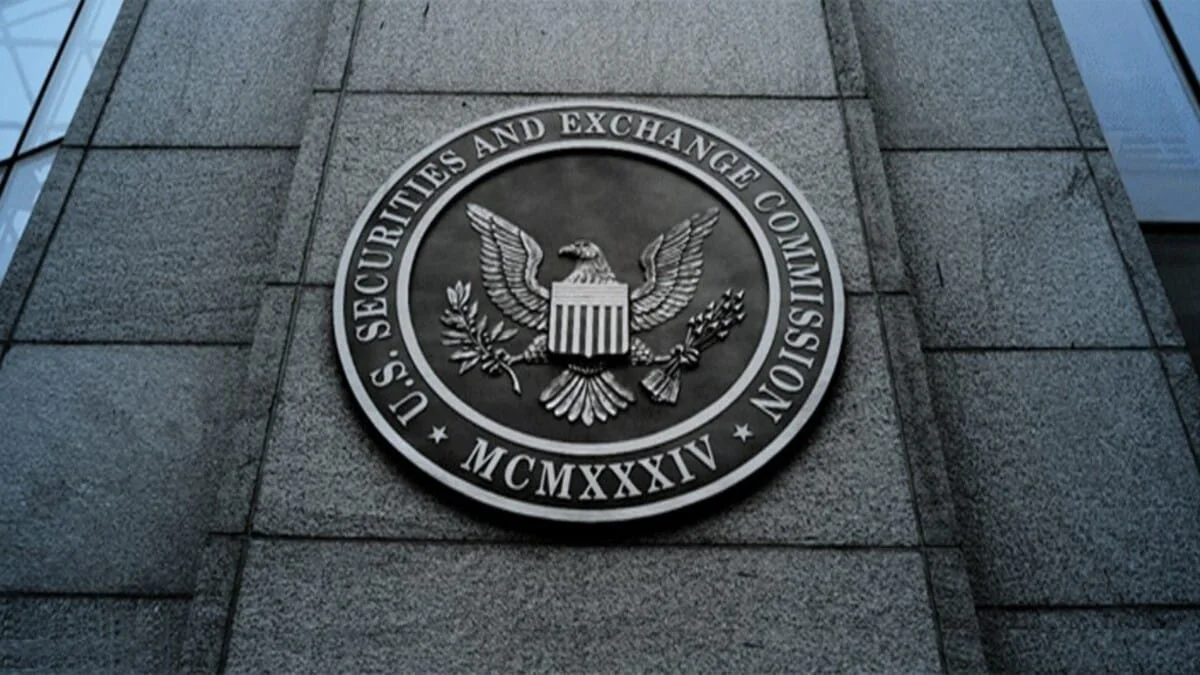In addition to being sued by three federal regulatory agencies, Celsius Network’s creator and former CEO, Alex Mashinsky, was detained and charged with fraud on Thursday, according to a U.S. prosecutor in New York.
According to the indictment, which was made public on Thursday, Mashinsky, 57, was accused with seven criminal crimes, including securities fraud, commodities fraud, and wire fraud, while Roni Cohen-Pavon, Celsius’ former chief revenue officer, was charged with four. Requests for comment from the legal representatives of Mashinsky, Celsius, and Cohen-Pavon did not immediately elicit a response, and it was unable to quickly contact the latter’s lawyer.
Mashinsky is one of several cryptocurrency billionaires who have been charged, dealing further blow to the sector that has been reeling from the failure of multiple businesses due to a decline in cryptocurrency prices, including the big exchange FTX. Last year, Sam Bankman-Fried, the company’s founder, was accused of fraud; he has since entered a not guilty plea. A news conference to discuss the accusations against Mashinsky and Cohen-Pavon was announced by the Manhattan office of the U.S. Attorney.
Profits in your wallet :
After clients hurried to withdraw deposits as cryptocurrency values collapsed, Celsius filed for Chapter 11 bankruptcy protection in July of last year. For more than a year, many people have been unable to access their money.
According to the indictment, Mashinsky and Cohen-Pavon were accused of manipulating the market for Cel, a cryptocurrency token issued by a corporation with its headquarters in New Jersey. They were also accused of engaging in wire fraud in connection with the token manipulation.
A $42 million profit, according to the prosecution, was also received by Mashinsky directly through the sale of his Cel token holdings.
In a related development, the Securities and Exchange Commission (SEC) of the United States filed a lawsuit against Mashinsky and Celsius on Thursday, according to a court document. The SEC claims that Mashinsky and his company raised billions of dollars through the sale of unregistered cryptocurrency securities and deceived investors about the financial health of the privately held company. The SEC, along with other agencies who also filed cases on Thursday, accused Mashinsky and his business of portraying Celsius as secure, much like a typical bank, while nevertheless taking more riskier measures to meet their promises of high rates on customer deposits.
According to the SEC, Celsius utilised emails with the subject lines “Pour Yourself a Cup of Profits” and “Profits in your Pocket” to advertise its interest-earning programme, which promised investors returns of up to 17%. While consumers rushed to withdraw money, the company lost millions of dollars, but the then-CEO and Celsius persisted in saying the company was solvent and had enough cash on hand to cover withdrawals, according to authorities.
As token values crashed in the midst of increasing interest rates and persistently high inflation, Celsius was one of the first in a string of cryptocurrency companies to file for bankruptcy last year. It declared bankruptcy shortly after competing crypto lenders Voyager Digital and Three Arrows Capital, both of whom are domiciled in Singapore, did the same. During the COVID-19 outbreak, cryptocurrency values soared, and companies like Celsius saw quick growth. They lured depositors in with promises of easy access to credit and high interest rates, then loaned tokens to big-time investors in the hopes of making money off the difference.
The Securities and Exchange Commission (SEC) claimed that Celsius provided uncollateralized loans and engaged in “risky trading practises” while informing investors that it did not. The SEC stated that the firm also misrepresented its inaugural token sale proceeds as having generated $50 million and that it had 1 million active users while in reality it had only ever had 500,000 investors, many of whom were inactive. Celsius and Mashinsky were also sued by the Federal Trade Commission and the United States Commodity Futures Trading Commission. Celsius will never again be allowed to handle the assets of consumers, according to the FTC, which announced that the two parties had struck a settlement.
Further complicating matters for Celsius Network and its creator are the authorities’ legal actions. The New York attorney general filed a lawsuit against Mashinsky in January, claiming that by hiding the lending platform’s deteriorating condition, Mashinsky had defrauded investors of billions of dollars in digital currency.
The SEC’s actions against major cryptocurrency exchanges Binance and Coinbase Global (COIN.O) last month increased the likelihood of more regulatory hurdles for the sector, which has put the cryptocurrency market on even shakier foundation. Mashinsky has started eight businesses, including the communications company Arbinet, which went public in 2004, and Transit Wireless, which offers Wi-Fi in New York City’s subway. He is a serial entrepreneur.
Additional reporting was done by Chris Prentice in New York, while Shinjini Ganguli, Chizu Nomiyama, and Jonathan Oatis edited the work. The reporters were Niket Nishant in Bengaluru, Hannah Lang in Washington, and Elizabeth Howcroft in London.


